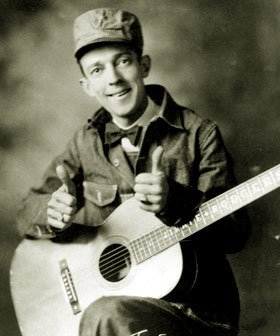“All around the water tank
Waiting for a train
A thousand miles away from home
Sleeping in the rain” – Waiting for a Train (Jimmie Rodgers) © Peermusic Publishing
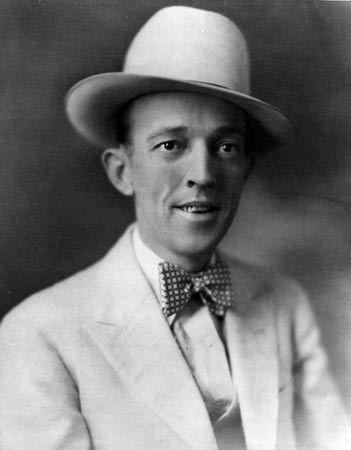
Born on September 8, 1897, in Meridian, Mississippi, James Charles Rodgers has become known as “The Father of Country Music”. While he certainly didn’t invent the musical form, Rodgers, along with his contemporaries The Carter Family popularized the genre during the early days of radio and phonograph recordings. Though he also dabbled in folk, blues, and jazz, it is for his accomplishments in bringing the traditional, nostalgic music of rural white people in the American South to the attention of a nation that would prove to have a huge appetite for this common strain of musical communication.
Rodgers’ mother died when he was six or seven, and he subsequently spent much of his youth living with various extended family in rural Mississippi & Alabama. Destined to be an entertainer, he had by the age of thirteen already spent time on the road organizing and performing in traveling shows, only to be tracked down and brought home by his father, Aaron Rodgers, a maintenance-of-way foreman on the Mobile and Ohio Railroad.
His father found young Jimmie his first job working on the railroad as a water boy. It was during this period that he was taught guitar technique by other rail workers and hoboes that he encountered on the job. As a water

“I walked up to a brakeman gave him a line of talk
He said if you’ve got money boy I’ll see that you don’t walk
I haven’t got a nickel, not a penny can I show
Get off,
In 1924, at age 27, Rodgers was diagnosed with tuberculosis. After a period the disease would cause him to give up working for the railroad, and he eventually returned to entertaining.
By 1927 Rodgers had returned to Meridian, MS, where he settled in with his wife Carrie and daughter Anita. April of that year found him in Asheville, North Carolina, where he performed on that city’s first radio station, WWNC, which would eventually lead to a weekly radio show for him and a band that he had cobbled together. In July of ’27 Rodgers would make his first recordings for Ralph Peer, a representative of the Victor Talking Machine Company, in Camden, New Jersey. Though success from those initial recordings was modest, he would return to New Jersey in November, armed with original songs co-written with his sister-in-law, Elsie Williams, who would eventually become his most frequent collaborator, writing or co-writing 40 songs for Rodgers.
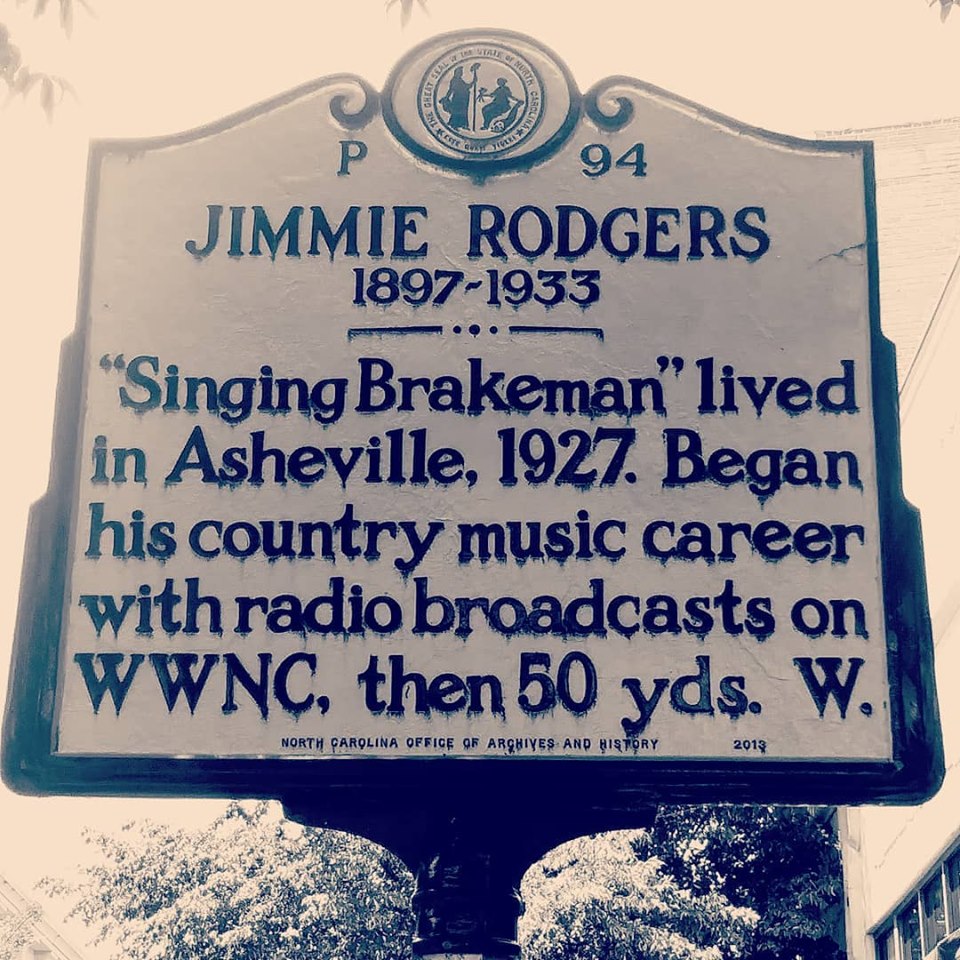
One of the sides cut during this second series of sessions was “Blue Yodel”, also known as “T for Texas”. Over the next two years, it would sell nearly half a million copies, cementing his place as one of the top recording stars of that era.
The next few years found Rodgers continuing to cut new records. He made a movie short for Columbia Pictures, The Singing Brakeman, toured the Midwest with Will Rogers, even made a recording of “Blue Yodel No. 9”, accompanied by Louis Armstrong on trumpet, and his wife, Lil Harden Armstrong on piano.
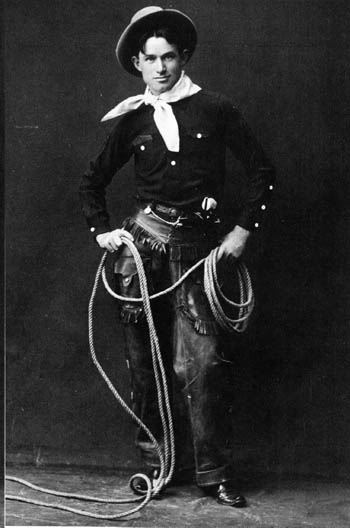
Will Rogers 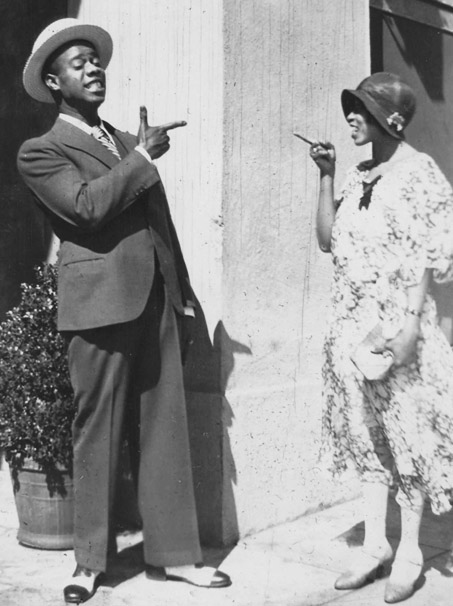
Louis & Lil Harden Armstrong
“He put me off in Texas a state I dearly love
The wide-open spaces all around me the moon and stars up above
Nobody seems to want me or to lend me a helping hand
I’m on my way from Frisco going back to Dixie Land” – Waiting for a Train (Rodgers)
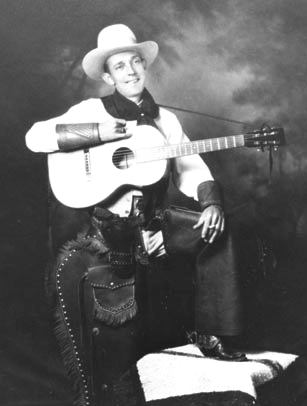
Rodgers died May 26, 1933, at the age of 35, from a pulmonary hemorrhage. At the time of his death, his recordings accounted for fully 10% of RCA Victor’s sales, in a market that had been severely impacted by the Great Depression. When the Country Music Hall of Fame was established in 1961, Rodgers was one of the first three inductees, along with music publisher/songwriter Fred Rose and singer/songwriter Hank Williams. Rodgers was inducted into the Rock ‘n’ Roll Hall of Fame in 1986 as an early influence and inducted into the Blues Hall of Fame in 2013. Merle Haggard recorded a tribute album, Same Train, A Different Time: Merle Haggard Sings The Great Songs of Jimmie Rodgers, while Lynyrd Skynyrd named both Haggard and Rodgers in their song “Railroad Song” (“I’m going to ride this train, Lord, until I find out, what Jimmie Rodgers and the ‘Hag’ was all about”).
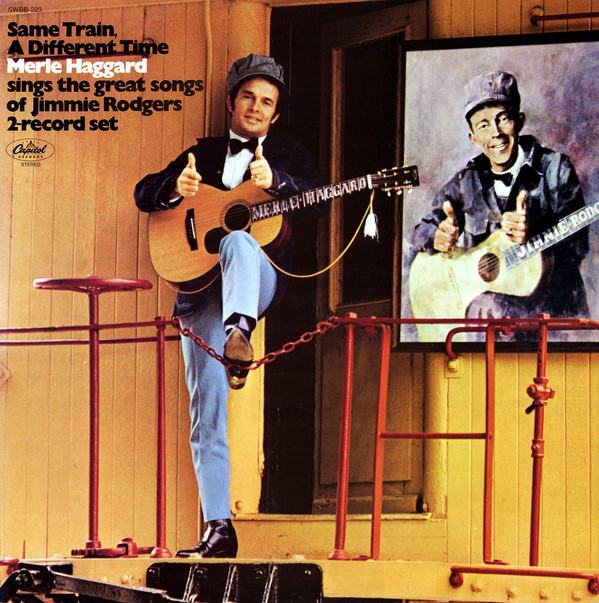
On Haggard’s album, Same Train, A Different Time, in a spoken introduction, the singer refers to Rodgers as “the most important man, who ever sang a country song”.
Chester Arthur Burnett, better known as Howlin’ Wolf, tried to emulate Rodgers’s yodel but found that his efforts sounded more like a growl or a howl. “I couldn’t do no yodelin’,” Barry Gifford quoted him as saying in Rolling Stone, “so I turned to howlin’. And it’s done me just fine.”
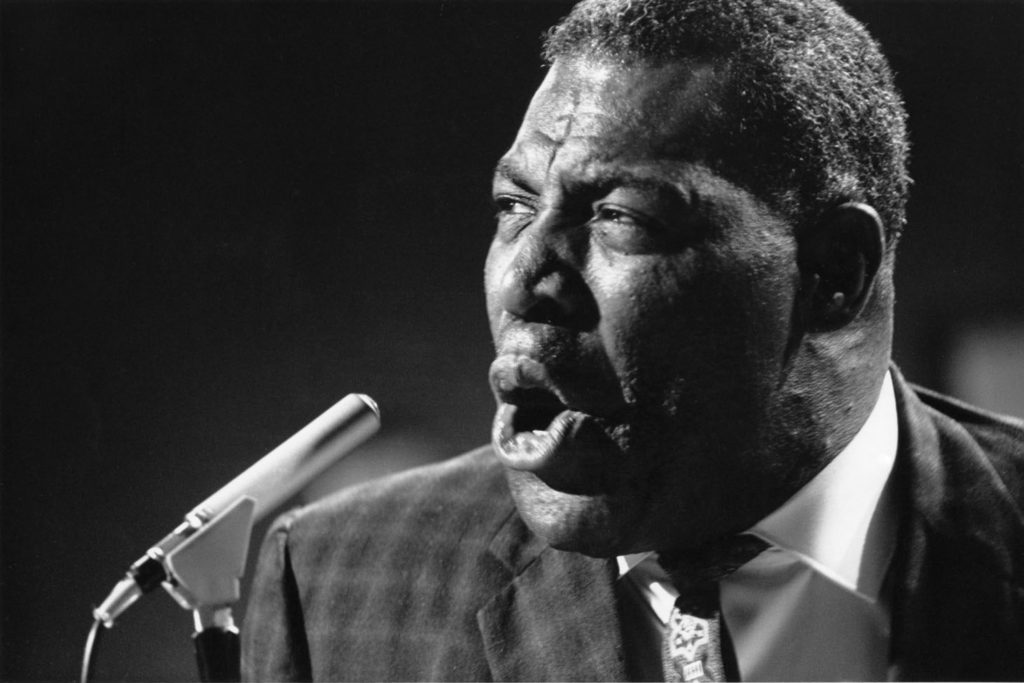
Howlin’ Wolf 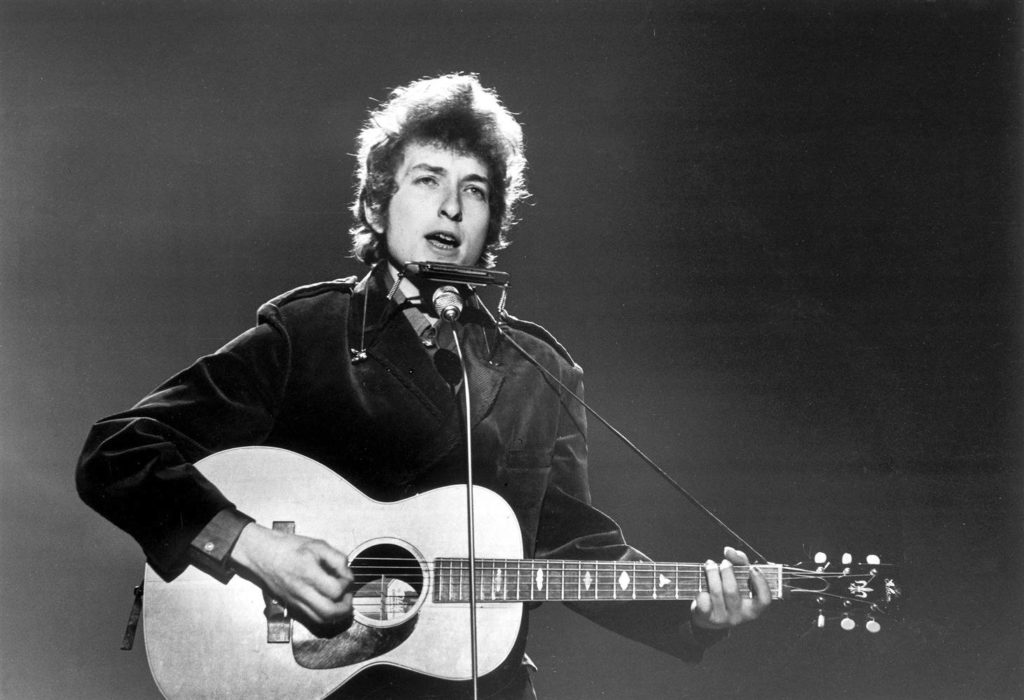
Bob Dylan
Bob Dylan wrote in the liner notes to a 1997 tribute album: “Jimmie Rodgers, of course, is one of the guiding lights of the twentieth century, whose way with song has always been an inspiration to those of us who have followed the path. … He was a performer of force without precedent with a sound as lonesome and mystical as it was dynamic. He gives hope to the vanquished and humility to the mighty.”
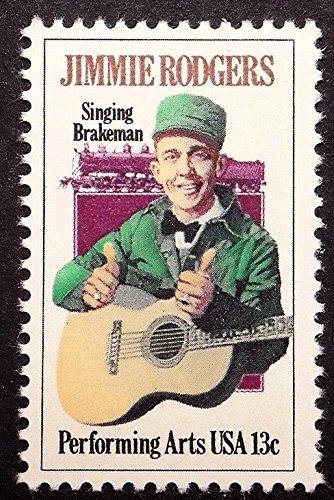
On May 24, 1978, the United States Postal Service issued a 13-cent commemorative stamp honoring Rodgers, the first in its long-running Performing Arts Series. The stamp depicted him in brakeman’s outfit and guitar, giving his “two thumbs up” (as in one of the famous photos of him), along with a locomotive in silhouette in the background.
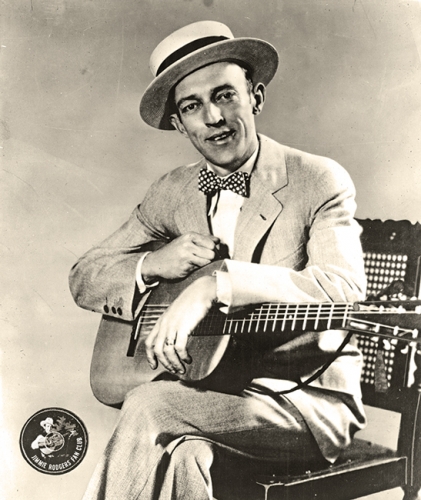
The professional recording & performing career for which Jimmie Rodgers is remembered and revered lasted barely six years, and yet his influence is still felt nearly a century later by those who remain inspired by his musical
“Though my pocketbook is empty
And my heart is full of pain
I’m a thousand miles away from home
Just a-waiting for a train” – Waiting for a Train (Jimmie Rodgers) © Peermusic Publishing
Sources:
http://www.mshistorynow.mdah.ms.gov/articles/39/jimmie-rodgers-the-father-of-country-music
All photos sourced through internet searches unless otherwise noted
